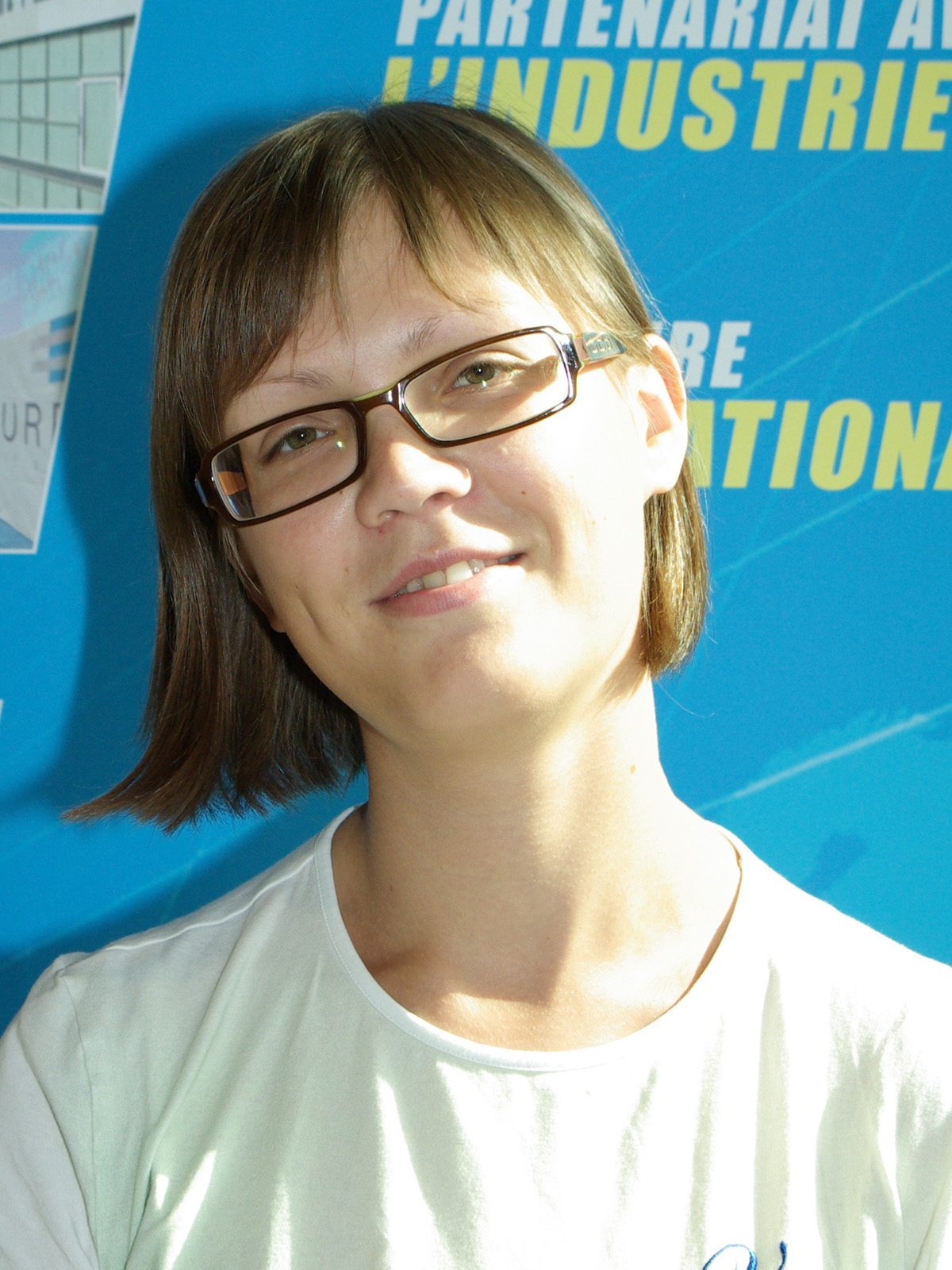Thesis
Interference-Aware Receivers for Single-User MIMO LTE Systems
Design of the detection algorithms has been intensively studied over the years and has evolved together with the standardization process of wireless communication systems. Initially conceived as a simple linear processing, it has since then transformed into advanced non-linear detection mechanisms. Advanced architectures allow to achieve high levels of performance even in the harmful presence of fading, multipath propagation, and interference. However, when trying to balance the complexity and the performance, the real-world feasibility remains the prime criterion to evaluate receiver architecture.
In this thesis we present a pragmatic evaluation of the low complexity alternatives to the optimum joint Maximum Likelihood (ML) detection in Single-User Multiple-Input-Multiple-Output (MIMO) systems with spatially multiplexed transmissions. We focus on two low complexity receiver architectures: the ML Parallel Interference Aware (PIA) detection and the ML Successive Interference Aware Canceling (SIC). To be eligible for deployment in practical modems, the receiver design should fulfill computational efficiency requirements and be evaluated in simulators or emulators that are compliant with real-world wireless standards. The simulations and experiments are performed in the downlink simulator of OpenAirInterface (OAI), which is extensively developed during this thesis.
In the first part of this thesis, we present a complete comparative study of the PIA and the SIC receivers, focusing on the implementation, optimal SNR regimes and levels of the Modulation and Coding Schemes, and on the computational effort. A theoretical analysis of the potential performance, supported by exhaustive empirical results, demonstrate that our practical SIC receiver outperforms the PIA receiver in terms of throughput and computational time.
To make our receivers compatible with practical LTE MIMO systems, we revisit in the second part of this thesis essential LTE protocols such as the Incremental Redundancy Hybrid Automatic Repeat Request (HARQ) protocol and Link Adaptation.




